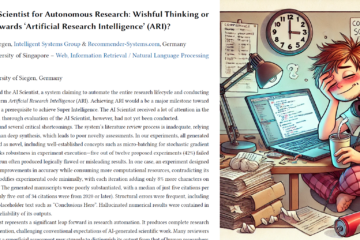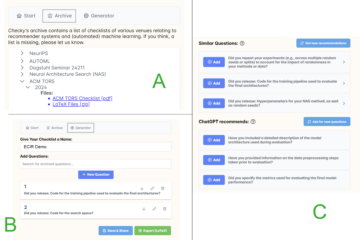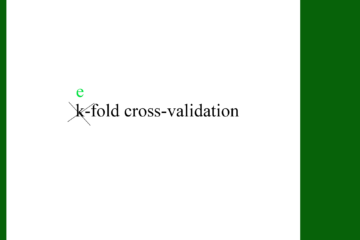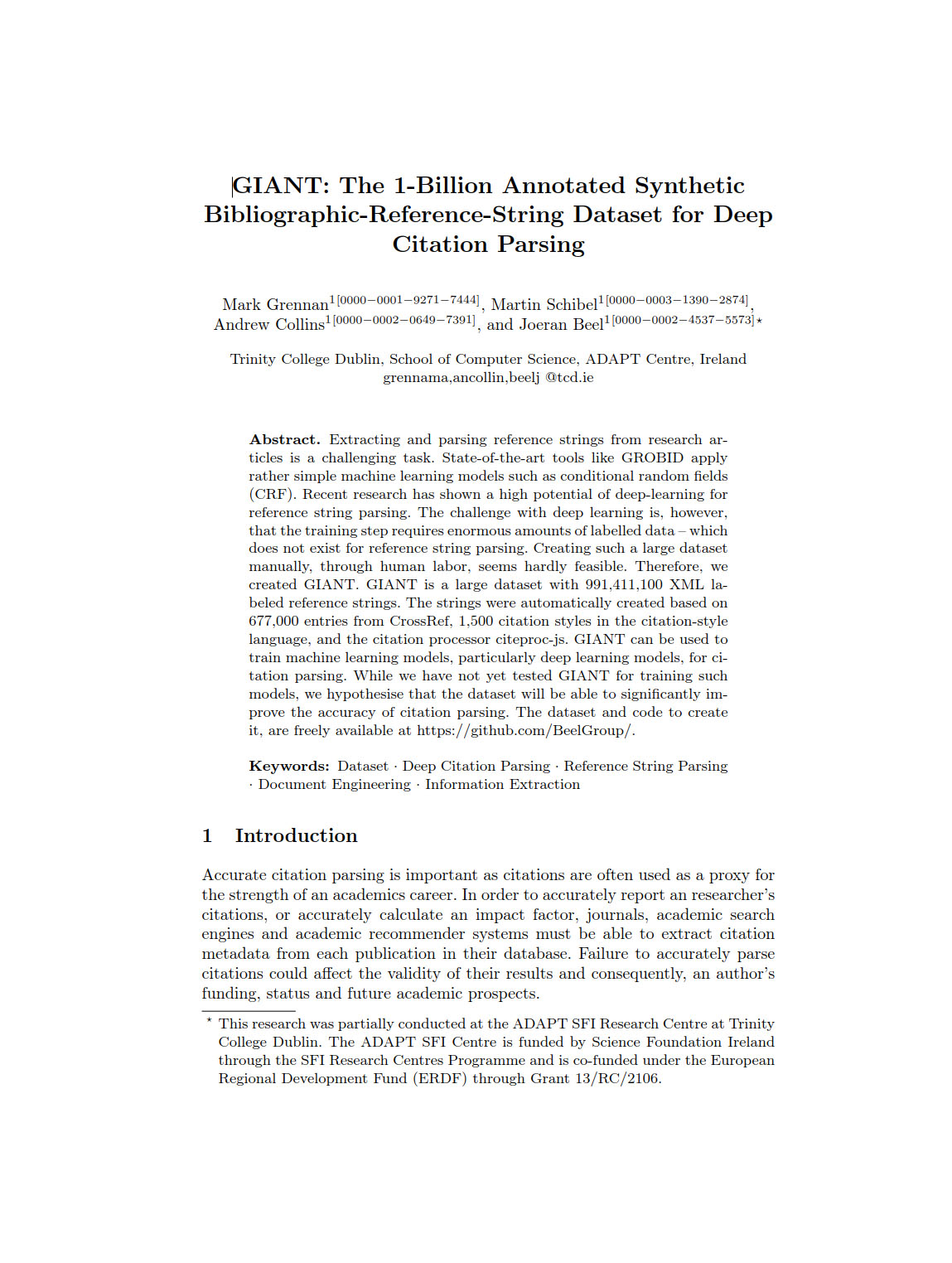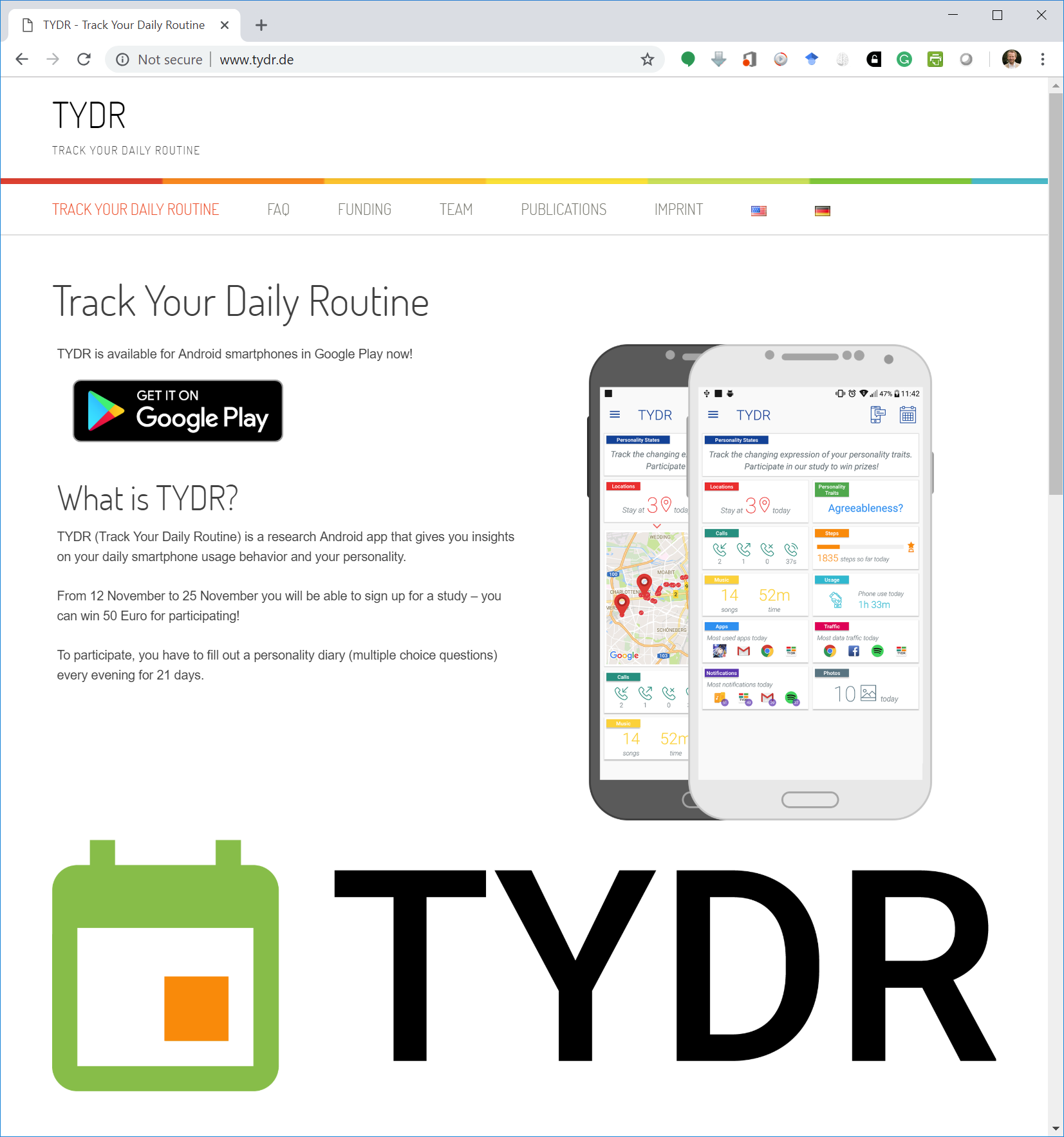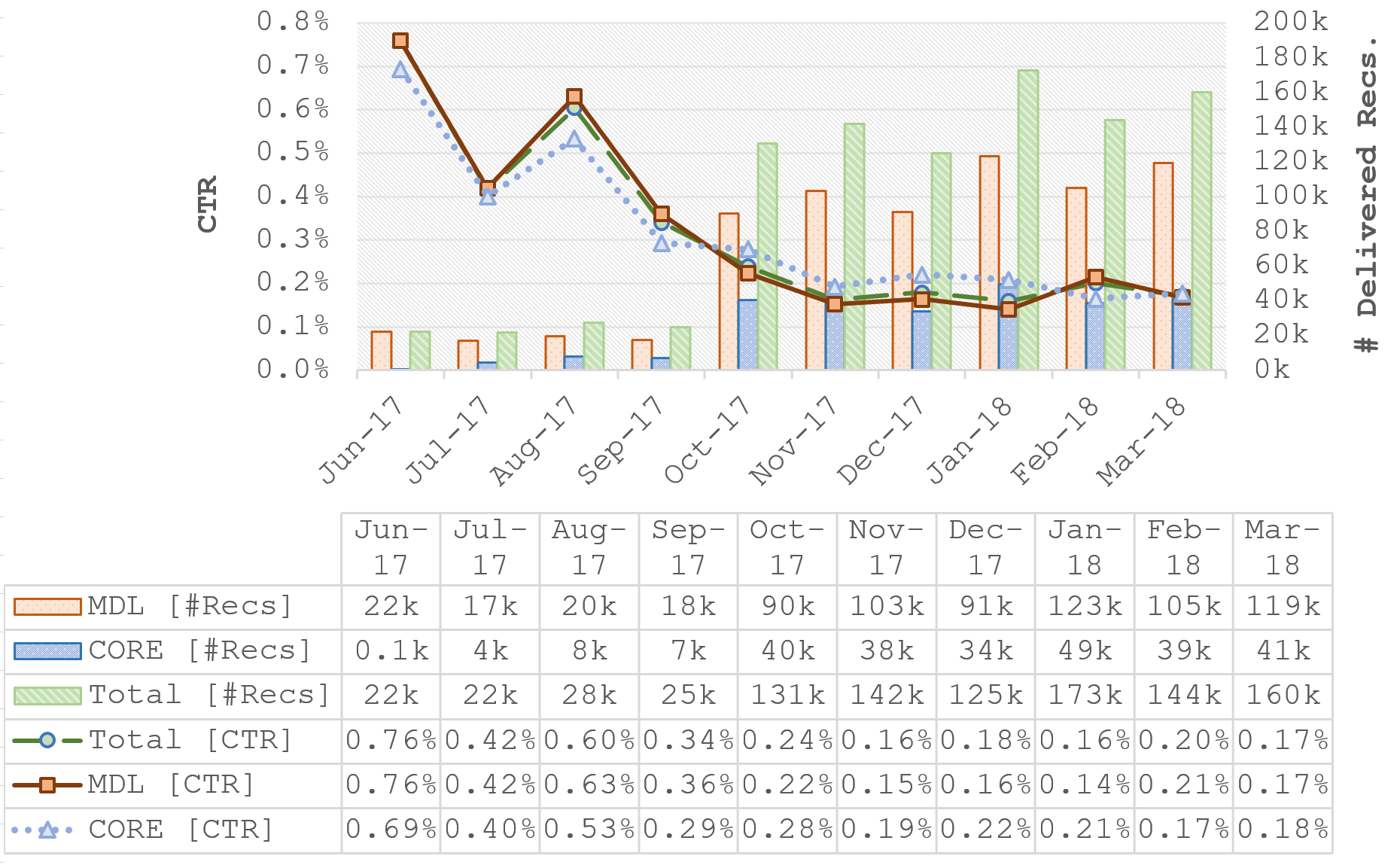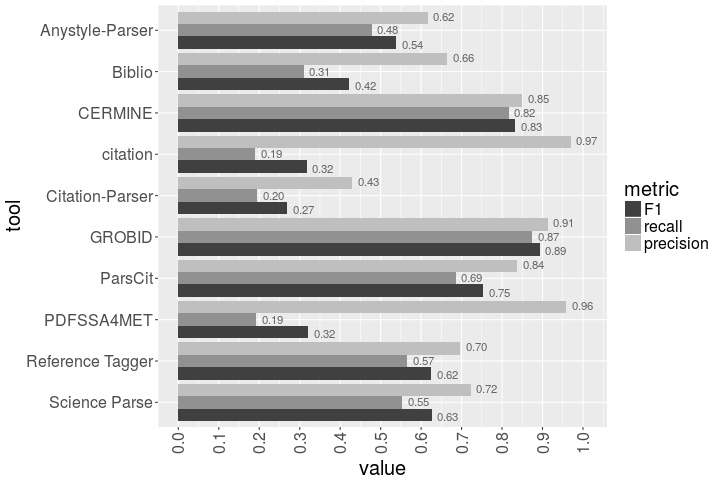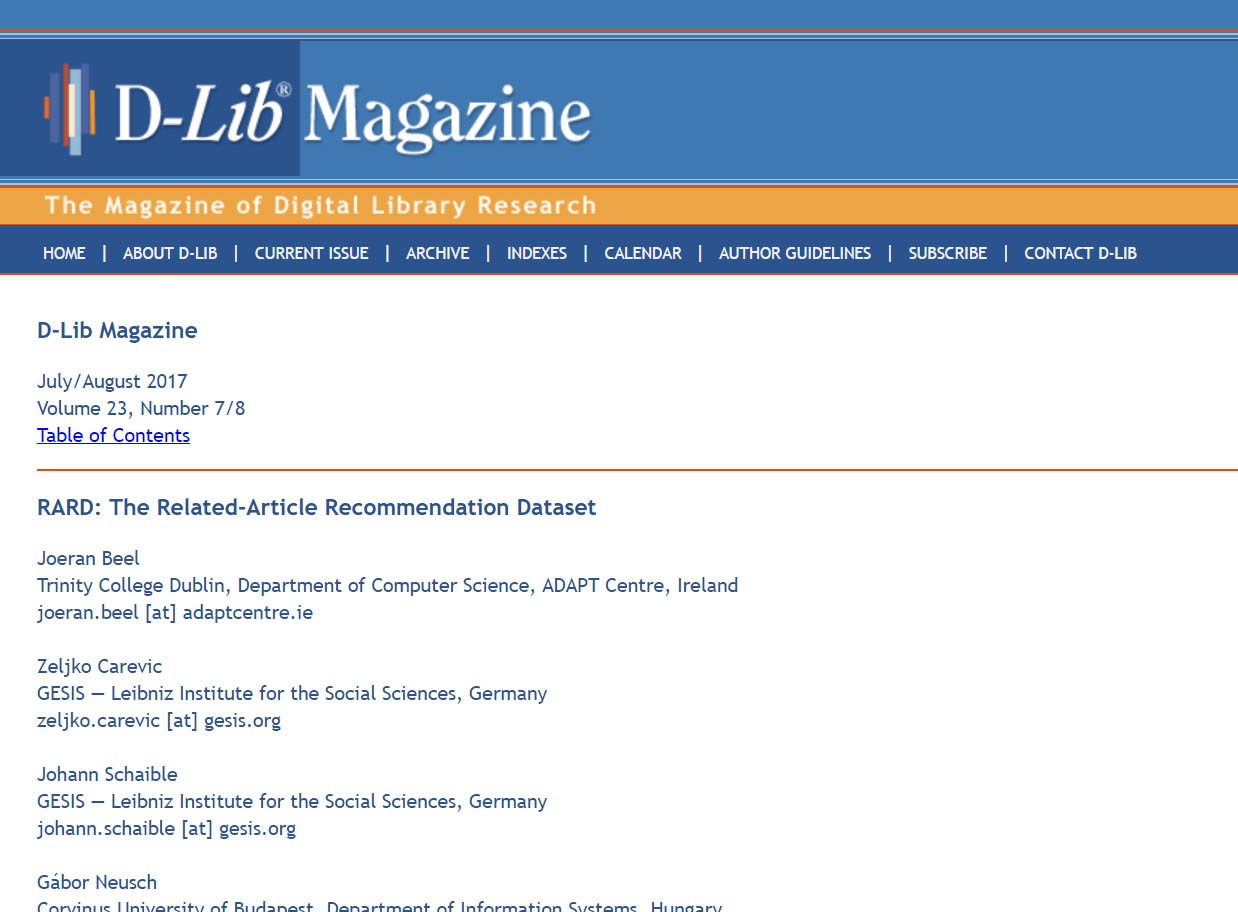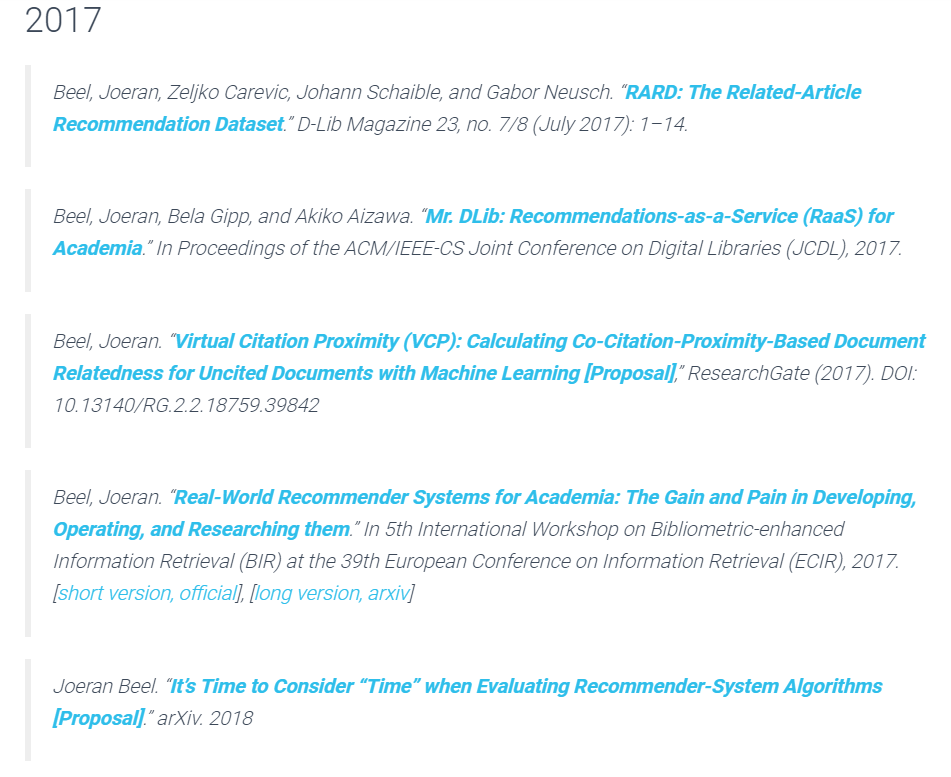Tobias Vente Presents Our Work on AutoML’s Potential for Recommender Systems at ACM UMAP
We are excited to share that our PhD student, Tobias Vente, presented our research paper, “The Potential of AutoML for Recommender Systems,” at the ACM UMAP 2025 conference held at the Verizon Executive Education Center at Cornell Tech on Roosevelt Island, New York City. Tobias presented our work in the Hyper Workshop (Hybrid AI for Human-Centric Personalization), which Read more…

